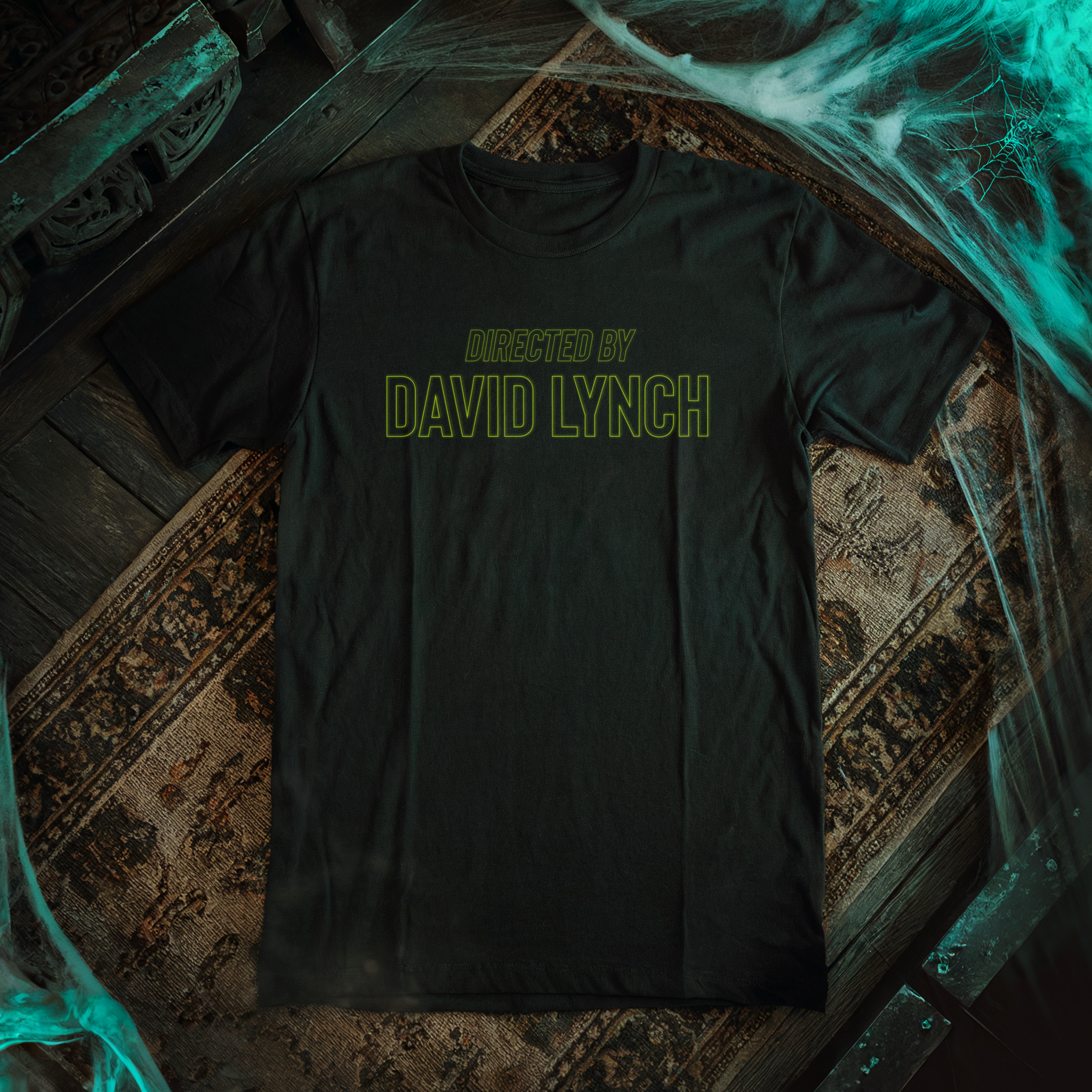The horror genre has always been used as a way to contextualize real-life problems. The more aware people become of the injustices around them, the more they channel their frustrations through their art. Body Cam is a glaring example of this. The movie is a direct response to ongoing discourse about police brutality. Specifically, towards African Americans in the United States. To make its statement palatable, Body Cam adds an apparent supernatural slant. The inclusion is risky, but it does make for a novel approach to a pressing dilemma.
This revealing movie begins with an incident that is ripped straight from the headlines—citizens protest as a police officer accused of shooting an unarmed African-American victim is found not guilty. As the city reacts to the news, Officer Ganning (Ian Casselberry) is inexplicably killed during a routine stop. Everything is caught on his dashcam, but seeing isn’t believing, in this case. Twelve hours earlier, the film’s main character, Office Renee Lomito (Mary J. Blige), is reinstated after being suspended. Her enthusiasm is cut short when she realizes she’s partnered up with a rookie, Officer Danny Holledge (Nat Wolff).
As part of her provisional return, Renee is put on night patrol. This leads to her and her new partner being the first to discover Ganning‘s bloodied corpse. Before then, Renee swears she saw the dashcam footage of what happened between him and the woman he pulled over earlier. And, as expected, the video later disappears without a trace.
The macabre rabbit hole Renee falls down is supplemented by further attacks on police officers. The most notable and prolonged of these happens in a neighborhood gas station. When two cops immediately draw their guns on several suspects, a malevolent force brutally retaliates. Not just towards the law enforcement but anyone who’s unfortunate enough to be in the vicinity. The outcome is grisly. Now, Renee is compelled to find out what the recent death of a 14-year-old boy named DeMarco (Mason Mackie) has to do with local cops dying in bizarre ways.
“Body Cam uses horror as a cure-all. More often than not, the greater drama comes from human interaction and misdeeds. The vengeful spirit is a means to an end.”
Mary J. Blige’s Renee is a grieving mother whose young son died prior to the movie’s events. She communicates that neverending pain with a performance so subtle it borders on tame. In spite of Renee‘s determination to shake up the status quo, she’s presented as a fallible character. She reveals to her young partner that her suspension was due to her punching someone who got too mouthy. The recipient of her grief-fueled wrath accused her of not being true to herself. This fact, along with the noticeably diverse cast of actors playing police officers, broaches another urgent topic in connection with police brutality. Still, Blige’s portrayal is consistently reserved and authentic. Other characters, with the exception of Danny, are polarized by their motives. The more unconscionable of them are easy to dislike given their irreparable behavior. Either way, director Malik Vitthal never offers up a model cop or demonizes one set of characteristics.
In Body Cam, the atrocities of reality are augmented by a prevailing supernatural element. Prejudice is met with unrestrained, sometimes invisible violence. People are yanked around like toys, and faces are mutilated beyond recognition off screen. The conclusion features a moment that gives new meaning to the word ‘spineless.’ While there is minimal imagination in these paranormal setpieces, one cannot deny their potency either. These focused displays of anger drive home the discontent felt by an entire community.
That being said, Nicholas McCarthy and Richmond Riedel’s screenplay never fully embraces its ghost conjured by oppression. There is a clear battle between the film’s desire for either realism or fantasy; Body Cam uses horror as a cure-all. More often than not, the greater drama comes from human interaction and misdeeds. The vengeful spirit is a means to an end.
The movie is haunting for one reason other than a sinister specter. People are reminded of the fact that real-life events inspired the story—this is what will really leave compassionate viewers completely spooked. The film’s purpose outweighs about everything else. The horror within is not always authentically used, yet what matters about Body Cam isn’t so much the delivery but the message.
“The horror within is not always authentically used, yet what matters about Body Cam isn’t so much the delivery but the message.”
Body Cam is available at digital outlets now. Share your thoughts on the movie with the Nightmare on Film Street community on Twitter, in our Official Subreddit, or in the Fiend Club Facebook Group!






![Body Cam 2020 Featured Image Mary J Blige Nat Wolff [Review] Supernatural Cop Horror BODY CAM Finds Mary J. Blige Haunted by More Than Just Personal Demons 10 Body Cam 2020 Featured Image Mary J Blige Nat Wolff](https://nofspodcast.com/wp-content/uploads/2020/05/Body-Cam-2020-Featured-Image-Mary-J-Blige-Nat-Wolff.jpg)



